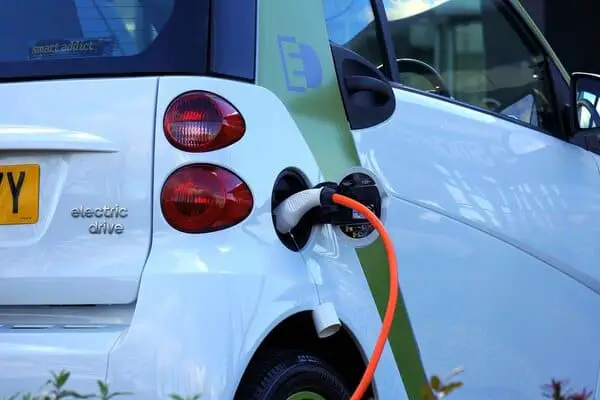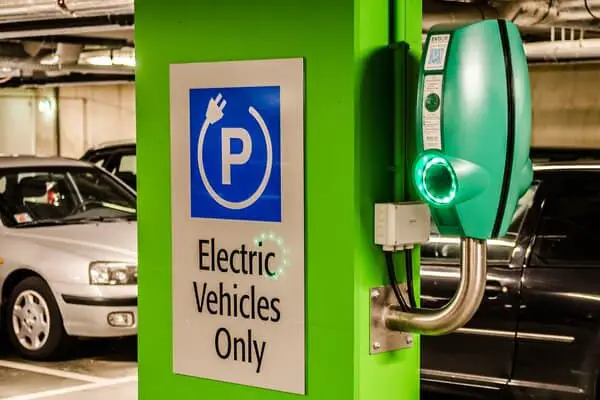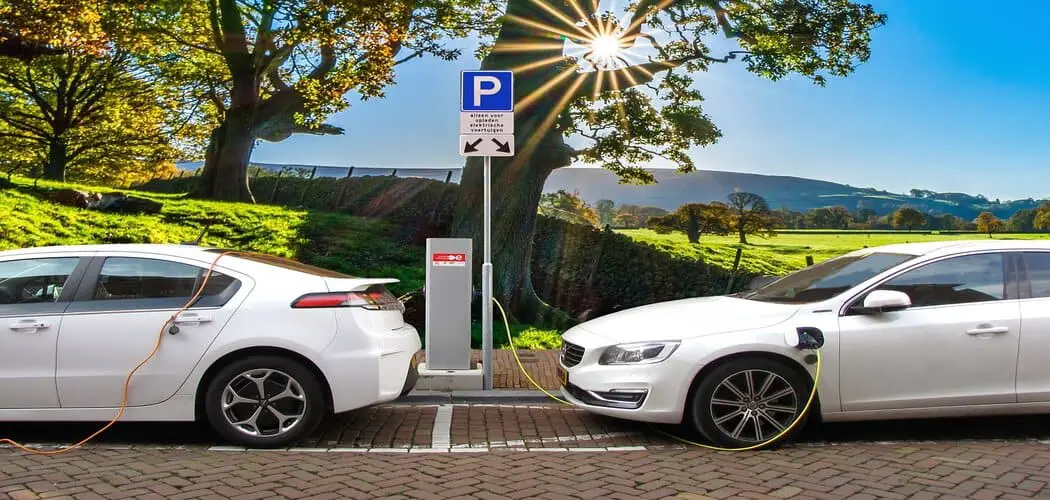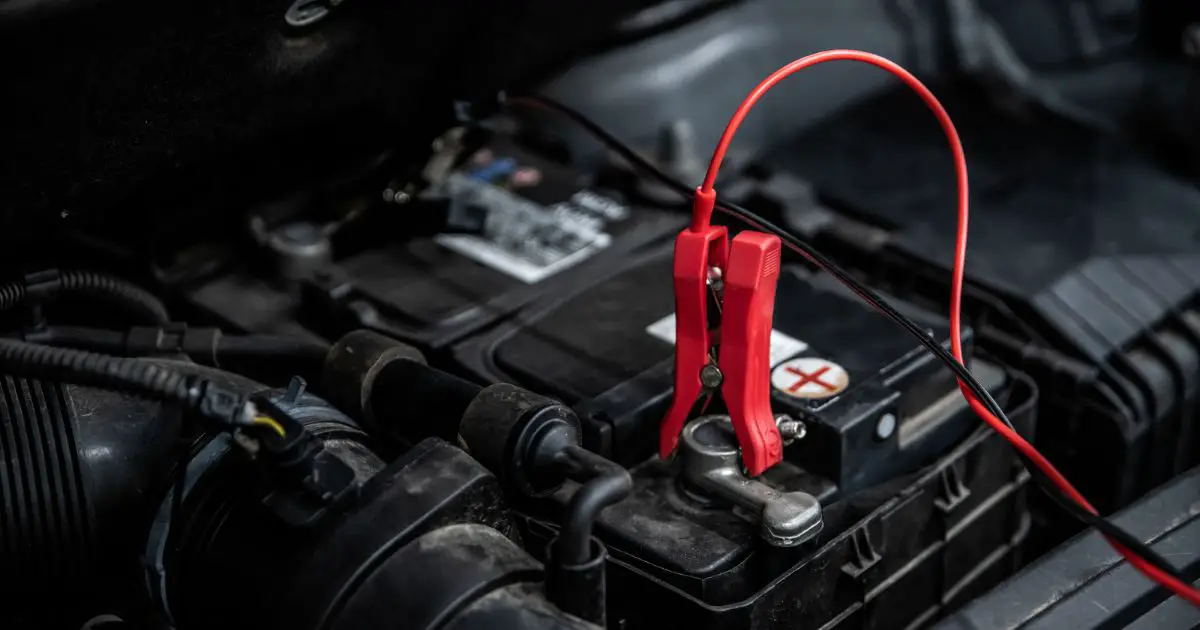Does charging your electric vehicle with a portable generator go well? The answers are different for everyone according to their preferences. But we can clearly say yes to this question. The results might not be fantastic, but you can charge your electric vehicle.
The idea works if you follow appropriate steps. This will help you in emergencies. In case of power outages, you need a backup power supply, for which a portable generator is an excellent option!
Before you start using it, you need to know some essential things about this idea.
How to Charge Your Electric Car with A Portable Generator?
Imagine! You are stuck in an electric car, on the road, alone at night because of the power outage, off-grid areas, emergencies, etc. Well, it isn’t very pleasant, but you have a solution now.
A portable generator with proper grounding, pure sine wave effects, and stable energy can save your day. It is essential to get a compatible generator. Otherwise, it will gradually damage the system. Using a generator to charge your vehicle can be a life-saver in various conditions, but you should know how to do it correctly to avoid inconvenience.
Once you know your portable generator will provide stable and adequate energy to your car, you and your vehicle are ready to use it. So, it’s time to know how to charge your vehicle properly with a portable generator.
Now that you are ready start charging your electric vehicle with a generator by adjusting the amperage first. Try not to plug in before amperage adjustment. Adjust it to the lowest as it is suitable for the car and motor. Low amperage like 28-30 amps will protect the motor by not overloading.
Try to be patient as charging your electric car using a portable gas-powered generator will be slower than other options. It may take longer to charge your vehicle completely, but you don’t need a fully charged car in emergencies.
Moreover, a full charge would take about 24 hours that uses several gas tanks. But, for an emergency, only a single tank is mostly enough. So, why wait for a whole day when you can reach your destination with a single gas tank? Wait for a while, and let your car get enough charge to cope with the situation.
Breach of Warranty If You Charge the Car Using A Generator:
It sounds so helpful to charge a car with a portable generator, but do you know about the other side? You should not charge electric vehicles like Tesla cars with a generator. If you are willing to do this, you have to make considerable modifications to the vehicle.
However, these are not appreciated by the manufacturers and will breach the warranty. Well, for possible emergencies, you can charge your car if you want.
The other thing that is quite important to note is the regular maintenance. Usually, it is impossible to take care of a generator that you are not planning to use daily. But without maintenance, the machine will cause inconvenience when you use it after a long time.

Things to Avoid
Don’t Charge on The Road:
Not everybody makes this mistake, but many drivers use a portable generator for car charging while driving to extend the time. Charging with a gas generator on the road is not safe and advisable. Hence, it’s better to avoid doing such hazardous things.
Don’t Make It A Habit:
These portable generators are for emergencies. Do not use them regularly as such things can destroy your electric car. Also, don’t make it a habit to charge your vehicle with a generator and keep it for rare situations.
Other than these habits, avoid exposing your car to high or low temperatures as it can affect the car’s system. Try to minimize your time usage at 100 or 0 percent state of charging. Besides, avoid using fast charging or quick discharge.
How Many Watts Does It Take to Charge An Electric Vehicle?
To charge an electric vehicle, usually, 7,200 watts are needed. But the amount can be more or less depending on the power source and power supply. Most electric vehicles charging at home over 240-volt level 2 charger draws around 7200 watts.
The power drawn for each vehicle is limited either due to electric vehicle supply equipment or onboard charger.
How Much Time Will It Take to Charge an EV Using A 4000watt Generator?
If you want to fully charge your electric car with a 4000-watt generator, it may take about 24 hours. It means using several gas tank generators will charge your car for a whole day.
Other than that, the charging time for each EV depends upon the battery size and the charging time each car needs, plus the circuit’s amperage. For most buyers who own EVs, it’s perfect for charging the vehicle overnight within their homes.
Do You Need A Special Outlet to Charge A Car?
You don’t need a special outlet that charges your car. Use your household 120volt outlet instead, with a 20amp circuit. A lower volt outlet also works well, but the charging time will increase. Hence, a high voltage will charge fast.

What Power Supply Do I Need to Charge An Electric Vehicle?
You can quickly charge your car with your home outlet as it charges about 3.7kW per hour, giving you a range of 15-20 miles. Home EV charger provides the car with AC electricity which the vehicle itself converts into DC. Installing a power station is never a bad idea to consider if you are willing to invest a good amount.
Can You Recharge A Tesla with A Portable Generator?
Tesla manufacturers strictly advise you not to use a gas generator for their cars as it badly affects the car system. These cars are not made that way, but many drivers prefer modifying them to use a generator for emergencies. The company’s warranty is also affected by using a generator or charging.
Conclusion
Charing an electric car with a gas generator is not recommended, but it can rescue you in an emergency. It is a reliable yet cheap option as a backup power supply to save you from inconvenience during camping or long trips.
You can keep moving on the road even if you don’t fully charge your car’s battery. Don’t forget to choose the stable and top-notch generator for your electric vehicle to prevent damage. Keep the machine and some gas with you for the next time. If you maintain your generator frequently, you won’t face any mishaps while turning it on.



